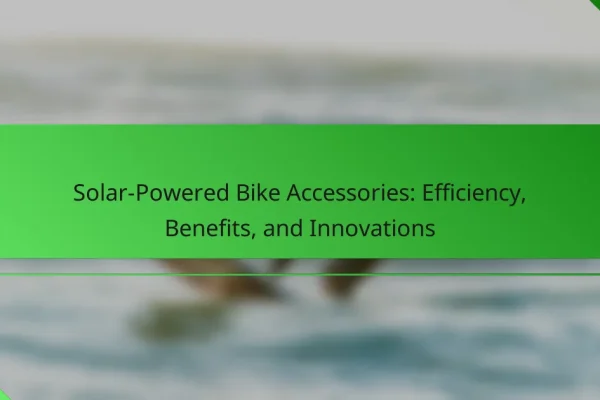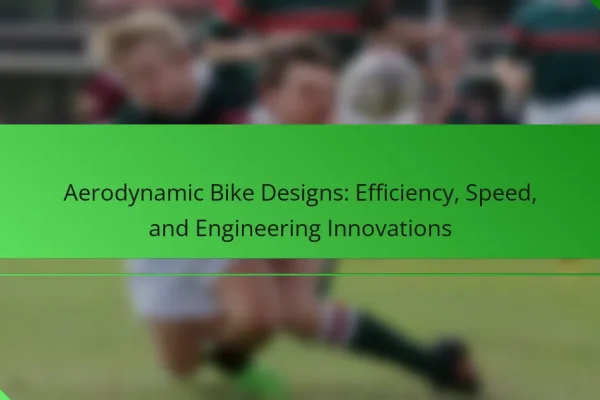
Green Bike Maintenance Products: Eco-Friendly Ingredients, Benefits, and Alternatives
Maintaining your bike with eco-friendly products can enhance performance while protecting the environment. Explore the benefits of natural ingredients, leading brands, and effective alternatives. Learn how to choose and use these sustainable maintenance solutions for optimal results. Discover how green bike maintenance products can contribute to a sustainable cycling experience. What are the key ingredients…








